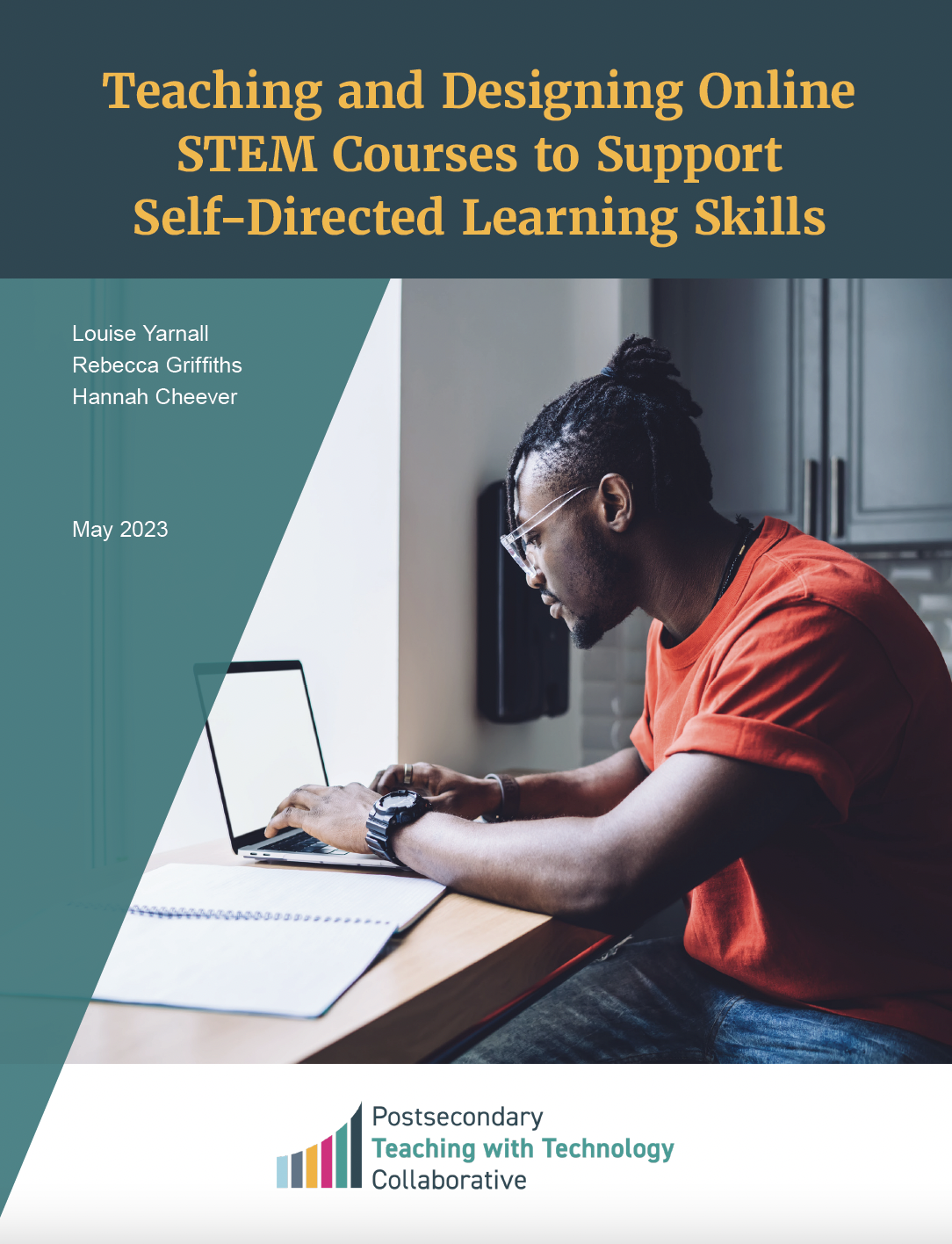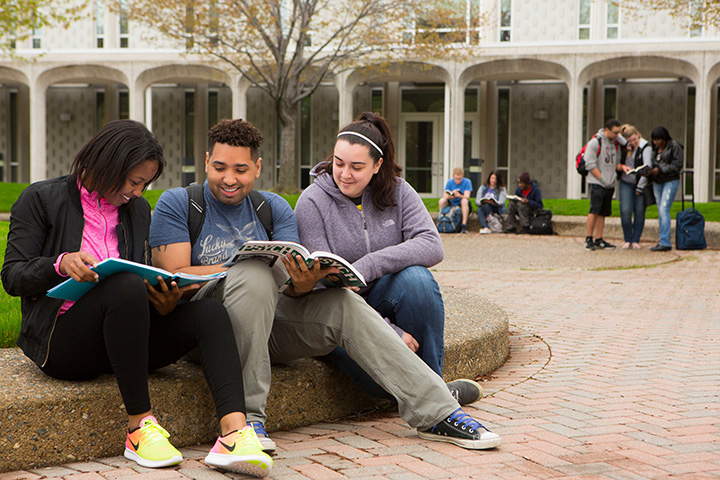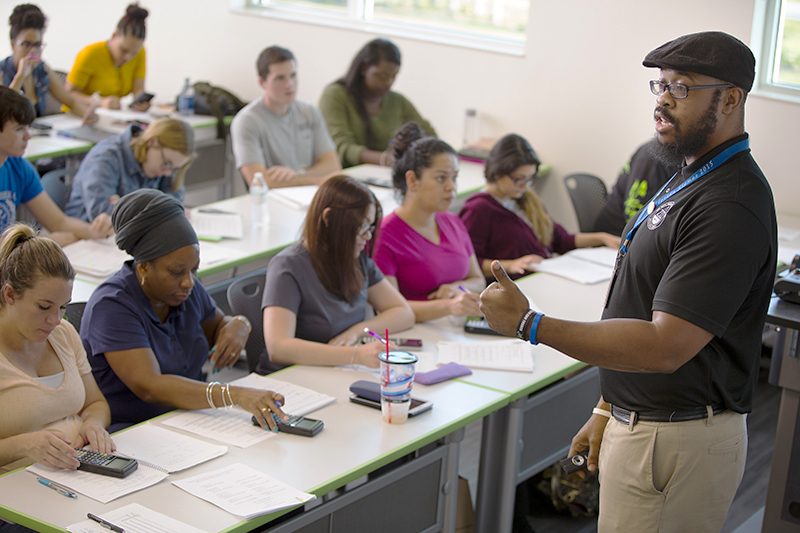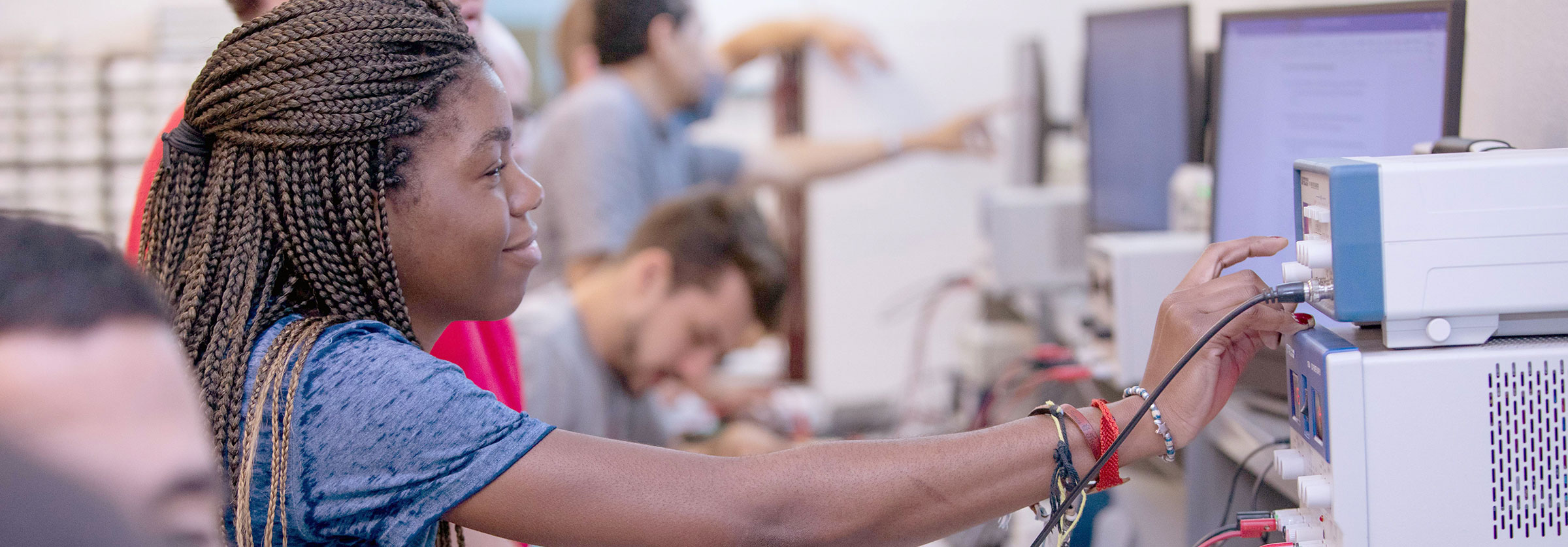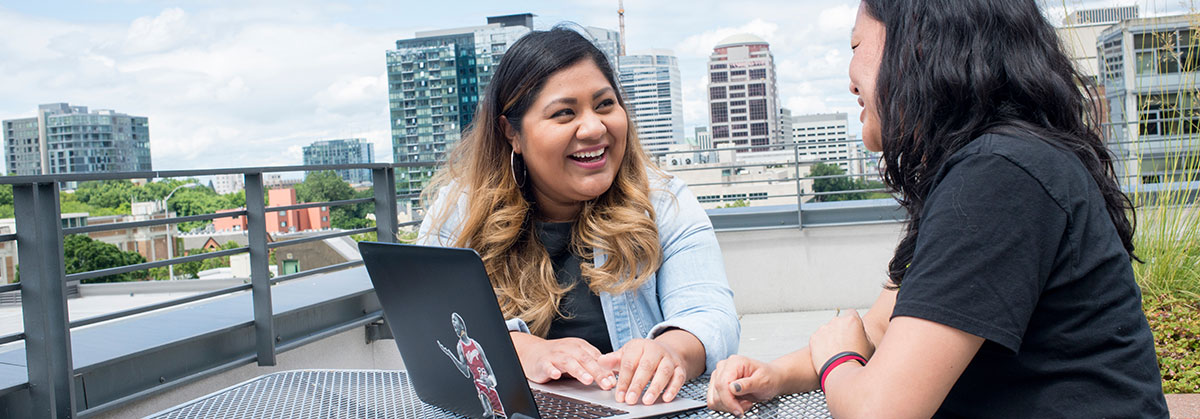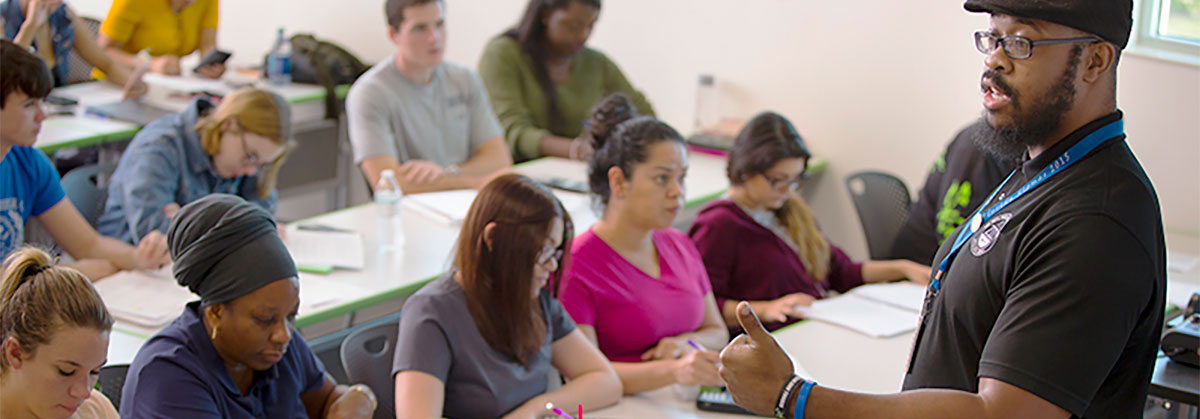The COVID-19 pandemic showed that online learning is here to stay, but it also revealed knowledge gaps around how to support all students to learn effectively online. As a result, educators are now highly motivated to develop new models for online teaching and learning that build students’ skills and motivation to learn.
Pima Community College in Arizona is a Hispanic-serving institution that enrolls about 43,000 students, many of whom are working and have families. With 40% of students fully online, and more in virtual and hybrid courses, the college ensures that online courses are not just pale imitations of in-person courses and that their design takes into account how students learn.
In 2020, Macomb Community College combined the college’s academic literacy and writing center and academic content tutoring center under one administrative team, allowing the college to reimagine tutoring services to better meet the needs of our students enrolled in remote, online, hybrid, and in-person courses. This shift—combined with the educational impacts we observed from COVID-19—encouraged us to apply what we had learned in working with students on reading and writing to other disciplines such as math, business, and physics and to develop new ways to support self-regulated learning across disciplines.
Some skills can be learned and coached, but not taught. Instruction about skills like leadership, creativity, and self-directed learning reduces them to a formulaic recipe that the learner follows, without mastering the essential capabilities of recognizing the unique characteristics of a particular situation and of improvising an approach suited to the occasion.
